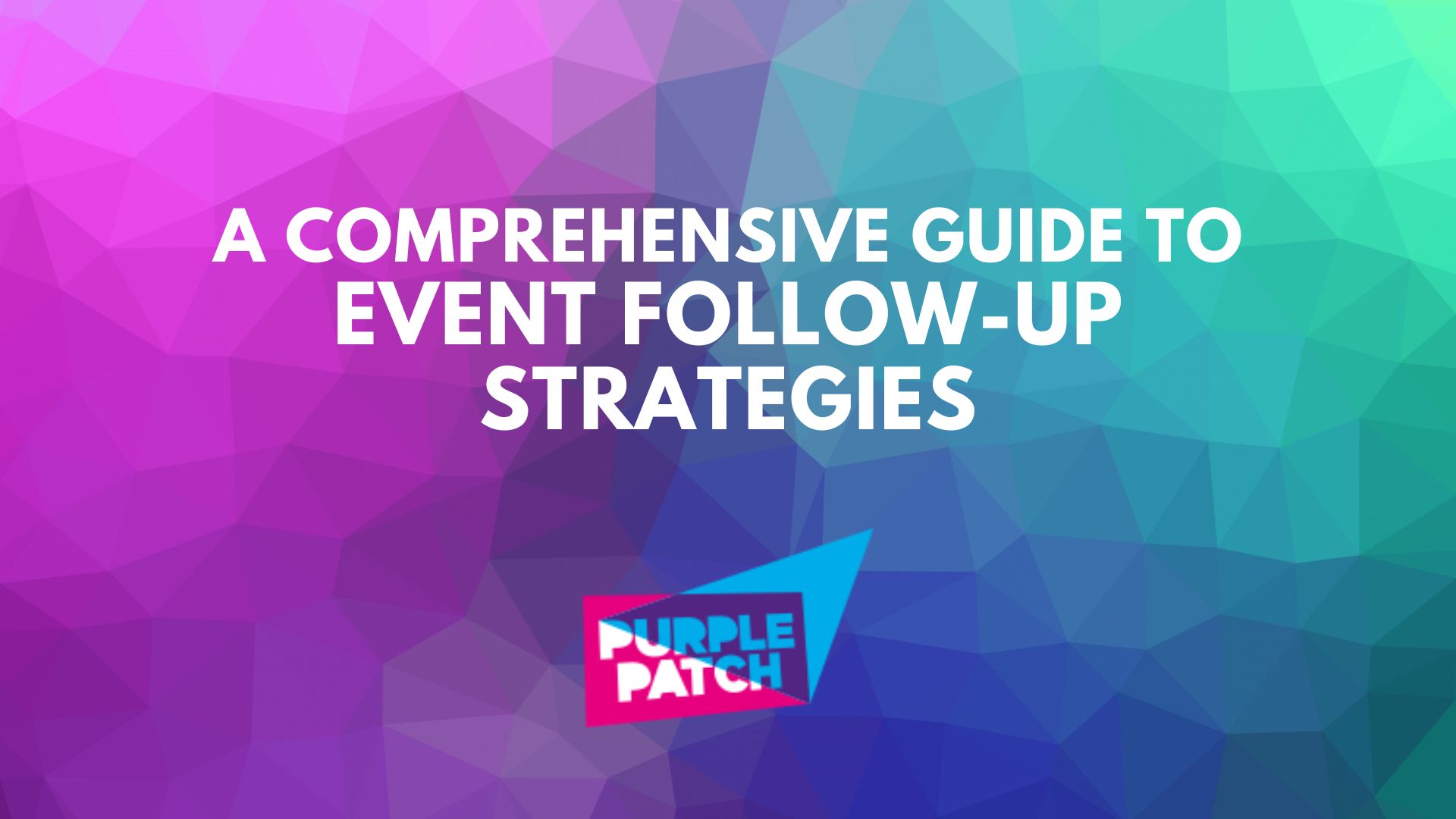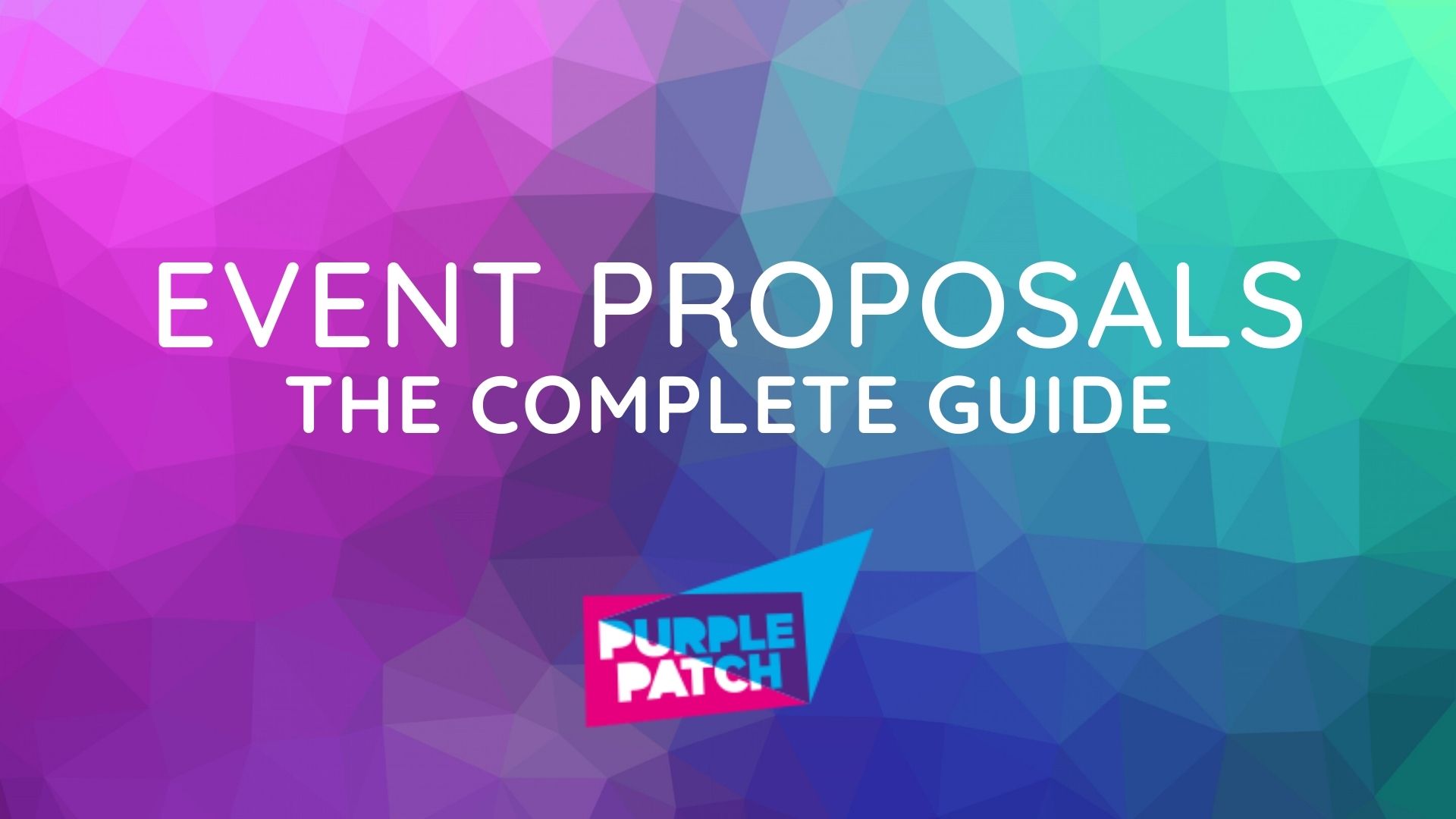Hosting corporate events has become a cornerstone for fostering meaningful networking and business growth. Yet, the true potential of such gatherings lies not just in the proper execution of the event plan, but also in the event follow-up. It’s a strategic opportunity to solidify relationships, gather insights, and set the stage for future endeavours.
If you are into organising corporate events and wish to get the maximum results from your events, look no further! In this comprehensive guide, we delve into the crucial event follow-up strategies that can help achieve business goals.
What is an Event Follow Up Strategy?
An event follow-up strategy refers to a systematic plan of actions and communications designed to engage, nurture, and build upon the connections established during and after an event. When executed effectively, event follow-up strategies can transform a one-time event into a sustained source of growth, brand loyalty, and lasting connections, by contributing to a positive perception of businesses and organisations involved in the event.
Why is Event Follow-Up One of the Most Overlooked Aspects of Event Planning?
- The Exhaustion Factor
In the demanding world of event planning, the exhaustive nature of pre-event logistics often leaves planners fatigued. The mental and physical toll of execution diverts attention from the critical post-event phase.
- Perception of Finality
There’s a common misconception that once the event concludes, its impact is a sealed chapter. This perspective overlooks the untapped potential that lies in the aftermath.
- Lack of Clear Objectives
Without clearly outlined follow-up objectives, the significance of this phase tends to diminish. Establishing measurable goals for post-event engagement is crucial.
- Misjudging the Attendee Experience
Failure to recognise the ongoing impact of the attendee experience leads to the neglect of crucial follow-up strategies.
- Underestimating Relationship Building
Events are about relationships, and overlooking the post-event phase neglects the opportunity to nurture and strengthen connections forged during the gathering.
- Limited Understanding of Data Analytics
A lack of understanding or utilisation of data analytics tools may result in event planners missing out on critical feedback and performance metrics. Leveraging data-driven insights is pivotal for effective follow-up strategies.
Why is it Important to Have an Event Follow Up Strategy?
Having an event follow-up strategy is essential for several reasons mentioned below, each contributing to the overall success and long-term impact of your event:
- Maximising Attendee Satisfaction
A well-executed follow-up strategy shows appreciation to attendees, enhancing their overall satisfaction with the event experience.
- Building and Strengthening Relationships
Follow-up efforts provide an opportunity to nurture relationships with attendees, speakers, sponsors, and other stakeholders, turning one-time interactions into lasting connections.
- Gathering Valuable Feedback
Implementing surveys and feedback mechanisms as part of the follow-up strategy helps collect valuable insights, enabling organisers to understand what worked well and areas that may need improvement for future events.
- Data-Driven Decision-Making
Utilising data collected during the follow-up process allows organisers to make informed decisions for future events, adjusting strategies based on attendee preferences, engagement metrics, and overall satisfaction.
- Enhancing Brand Perception
Thoughtful follow-up communications contribute to a positive brand perception. It demonstrates a commitment to customer satisfaction and responsiveness, reinforcing the brand’s credibility and trustworthiness.
- Generating Post-Event Buzz
Leveraging social media and other online platforms in the follow-up strategy helps sustain the event’s momentum, generating buzz and extending the reach beyond the event date.
- Fostering Ongoing Engagement
A strategic follow-up plan keeps attendees engaged beyond the event, providing them with additional resources, exclusive content, or invitations to future activities, which helps maintain a connection with the brand.
- Identifying Business Opportunities
Following up with leads and potential clients creates opportunities for further business engagement. Personalised communication and exclusive offers can convert event attendees into loyal customers.
- Optimising Event Planning Processes
Post-event debriefing and analysis as part of the follow-up process provide insights into what worked well and areas for improvement. This knowledge can be used to refine and optimise event planning processes for future success.
- Demonstrating Accountability
A well-executed follow-up strategy showcases organisational accountability. Addressing concerns, responding promptly to feedback, and transparently communicating next steps demonstrate a commitment to continuous improvement.
Laying the Foundation for an Effective Event Follow Up Strategy
1. Post-event analysis
Before diving into the follow-up process, it’s essential to revisit the initial goals and objectives of the event. What was the overarching purpose? Did the event align with your business objectives?
This type of post-event analysis is not just about the numbers; it’s about understanding your audience closely. Whether your event was a product launch, industry conference, or networking mixer, knowing your audience’s needs is key to delivering impactful post-event actions. By understanding the event’s broader context, you lay the foundation for effective follow-up strategies.
2. Building a communication strategy
Effective event follow-up goes beyond analytics; it’s about building lasting relationships. Create post-event content, craft personalised email campaigns for different segments of your audience, offer them exclusive content or discounts as a token of appreciation. Building an effective post-event communication strategy not only enhances customer satisfaction, but also nurtures potential business relationships, turning event attendees into long-term advocates for your brand.
3. Leveraging data for future events
With feedback in hand, the next step is to turn data into actionable insights. Analyse attendance and engagement metrics to identify patterns and trends. What sessions were most popular? Which speakers garnered the most attention? Understanding these dynamics enables you to refine your content and tailor future events to better meet the needs of your audience. Knowing the demographics of your attendees allows you to target your promotions more effectively, ensuring your events reach the right audience.
4. Establishing a Long-Term Follow-Up Strategies
Effective event follow-up doesn’t end with the immediate aftermath; it extends into the long term. Develop an ongoing engagement plan to keep your audience connected and informed. This consistent communication helps to sustain the relationships forged during the event, keeping your brand top of mind for your audience.
Event Follow Up Strategies You Should Consider Implementing
Let’s explore some of the tried-and-true methods that businesses consistently leverage to maximise the impact of their events.
- Personalised Thank-You Emails
A classic yet highly effective strategy, sending personalised thank-you emails shortly after the event serves as a gracious acknowledgment of attendees’ participation. Tailor these messages to express gratitude for their presence, highlight key moments from the event, and convey a sense of appreciation for their contribution to its success.
- Social Media Highlights
Leveraging the power of social media is a fundamental event follow-up strategy. Share event highlights, photos, and videos across various platforms to extend the event’s reach and engage both attendees and those who missed out. Encourage attendees to share their experiences and use event-specific hashtags, creating a buzz that lingers in the online space.
- Post-Event Surveys
Gathering feedback is essential for understanding attendee satisfaction and identifying areas for improvement. Post-event surveys, carefully crafted to delve into the attendee experience, session relevance, and overall satisfaction, provide valuable insights. Analysing survey responses helps organisers gauge the success of the event and make data-driven decisions for future iterations.
- Online Reviews and Testimonials
Harnessing the power of online reviews and testimonials contributes to building credibility and trust. Encourage attendees to share their thoughts on review platforms or directly on your website. Positive testimonials can be repurposed for marketing materials, creating a cycle of positive reinforcement for your brand.
- Follow-Up Emails with Additional Resources
Beyond the initial thank-you email, sending follow-up emails with additional resources adds ongoing value for attendees. Provide access to presentation slides, related articles, or exclusive content that extends the event’s impact. This not only reinforces your brand’s expertise but also keeps your audience engaged in the post-event phase.
- Exclusive Offers and Discounts
For events with a product or service focus, offering exclusive discounts or promotions in follow-up communications is a powerful strategy. This not only shows appreciation for attendees’ participation but also creates a tangible benefit for them to continue their engagement with your business.
- Long-Term Engagement Plans
Thinking beyond the immediate post-event phase, establish long-term engagement plans. Regular newsletters, updates, and invitations to future events maintain a connection with your audience. This sustained engagement ensures that your brand remains on the radar of attendees long after the event concludes.
- Networking Opportunities
Facilitate ongoing networking opportunities for event attendees. Connect them through online forums, social media groups, or dedicated networking events. Fostering a sense of community among attendees not only enhances their experience but also strengthens their connection with your brand.
By combining these strategies with a touch of innovation and personalisation, businesses can create a post-event experience that resonates deeply with attendees, fostering long-term relationships and paving the way for future successes.
Innovative Follow-up Strategies and Trends
Let’s explore some of the new and upcoming trends, as well as innovative strategies, that are reshaping the landscape of event follow-up.
- Hyper-Personalised Follow-Up
The one-size-fits-all approach is making way for highly personalised interactions. Leveraging advanced data analytics, businesses can now tailor follow-up communications, based on individual attendee preferences, interactions during the event, and demographic information. Hyper-personalisation fosters a deeper connection between the brand and the attendee.
- Virtual Event Integration
The rise of virtual events has ushered in a new era of event follow-up strategies. Businesses are now seamlessly integrating virtual and hybrid event components, allowing for a more expansive reach and diverse audience engagement. Post-event follow-up includes not only traditional methods but also innovative virtual platforms, enabling attendees to access additional content, engage in post-event discussions, and participate in ongoing virtual communities.
- Gamification for Engagement
By incorporating game-like elements into post-event communications, businesses can sustain attendee interest and encourage ongoing participation. From exclusive challenges and rewards to interactive quizzes related to event content, gamification not only keeps the event experience alive but also fosters a sense of fun and community.
- Use of Interactive Content Formats
Businesses are exploring the use of webinars, podcasts, and live Q&A sessions as part of their post-event content strategy. These interactive formats not only provide valuable insights but also allow for real-time engagement, creating a continuous dialogue with attendees beyond the confines of the physical or virtual event space.
- Sustainability Initiatives
With a growing focus on sustainability, businesses are incorporating eco-friendly practices into their event follow-up strategies. From digital-only communication to virtual resource libraries, sustainability initiatives not only reduce the environmental impact but also resonate positively with socially conscious attendees.
Final Thoughts
As we wrap up this guide on event follow-up strategies, we encourage you to put these insights into action for your upcoming corporate events. By adopting a strategic and thoughtful event follow-up approach, your business can distinguish itself in a crowded marketplace, creating a lasting impact on both your audience and your bottom line.
At Purple Patch, we specialise in creating impactful and memorable event experiences that go beyond the ordinary. Let us partner with you to bring your event’s vision to life, ensuring it leaves a lasting impression on your audience. To learn more about our corporate event planning services, contact us today!



